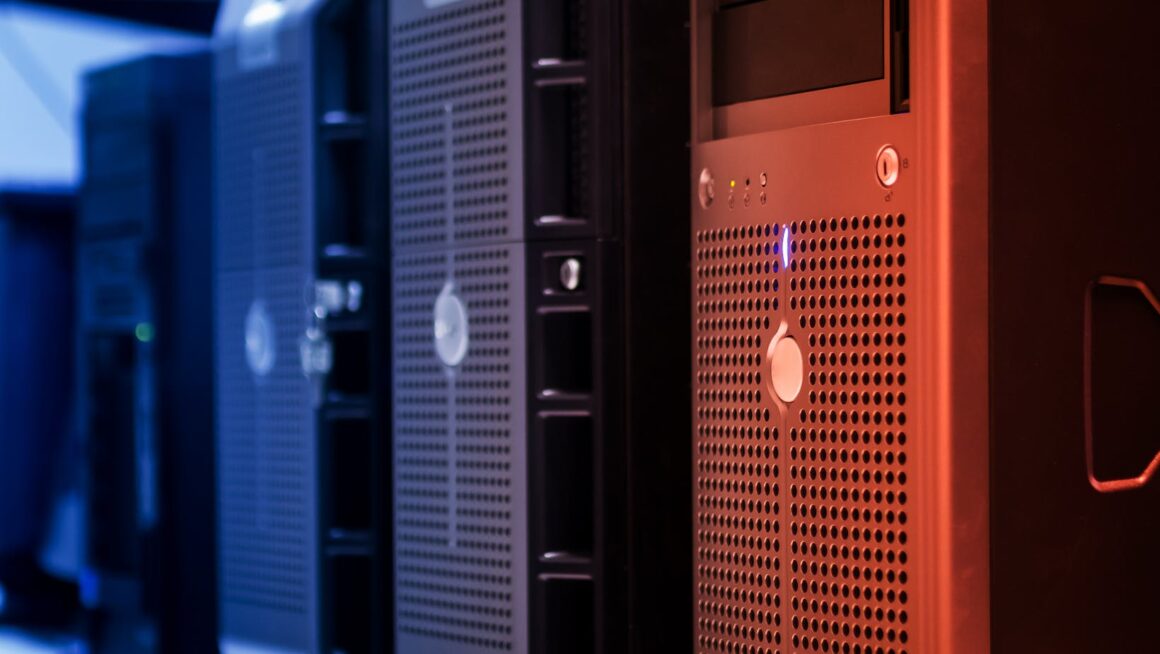Ever found yourself asking, “Why is my PC so laggy?” You’re not alone. From gamers to office workers, everyone’s been there, staring at a frozen screen, waiting for your PC to catch up. In this digital age, a slow computer can feel like a massive roadblock.
But don’t despair. Understanding the root cause of a laggy PC is the first step towards a solution. Whether it’s due to outdated hardware, software glitches, or malware, we’ll delve into the common culprits behind a sluggish system.
So, buckle up! We’re about to embark on a journey to reclaim your PC’s performance and productivity. Stay tuned as we unravel the mystery of the lagging PC and offer practical tips to speed up your system.
Why Is My PC So Laggy
The reasons behind a laggy PC can vary. Factors such as hardware limitations, outdated software, and the presence of malware can result in a sluggish computing experience.
Hardware Constraints Contributing to Computer Lag
One of the core reasons for a laggy PC comes from hardware constraints. These could include the computer’s processing power and RAM, the graphics card, and the hard drive.

- Processing power and RAM: Processing power, determined by your computer’s CPU, plays a crucial role in your PC’s operation. If your processor lacks the required power, your PC can’t run multiple applications smoothly, causing lag. Similarly, when RAM memory, which stores short-term data and information, runs out because of multiple running programs, your PC’s performance drastically drops.
- Graphics Card: Primarily involved in rendering images and videos on your screen, an outdated or overworked graphics card can cause visual lag, especially during intensive tasks such as gaming or video editing.
- Hard Drive: An old or malfunctioning hard drive could also be the culprit. Filled-up storage slows down the reading and writing processes, causing your PC to lag.
Remember, a slow PC displays the constraint in its hardware. Identifying and working on these aspects might alleviate your lag issues.
Impact of Outdated Software
Outdated software, too, cannot be overlooked when determining what’s causing your PC to lag. Software-related issues can be as detrimental as hardware constraints, causing your PC to underperform.
- Operating System: Running an older version of your operating system or having a version that’s not updated can cause lags. Regular updates not only bring new features but also fix bugs and glitches that might improve your PC’s performance.
- Applications: Out-of-date applications on your PC can cause lag. Developers continuously update applications to improve performance and fix security vulnerabilities. Keeping your apps updated ensures maximum efficiency.
- Drivers: Out-dated drivers can also cause your PC to lag. Drivers form the interface between the hardware and software of your computer. If they are not upgraded regularly, it might affect the computer’s efficiency.
Understanding these potential software-related issues can help you identify and rectify the problems with your laggy PC.
Strategic Solutions to Improve PC Speed
Beyond maintaining a clean system and avoiding needless multitasking, other strategies can help bolster your PC speed. These solutions focus on enhancing your hardware components and installing robust anti-virus software.
How Hardware Upgrades Can Improve Performance
Improving your PC’s performance often calls for an upgrade in hardware. For example, boosting your PC’s Random Access Memory (RAM) enables it to store more temporary data, facilitating a smoother, faster operation.
Consider the fact that most modern browsers alone can take up 1 GB of RAM. In a system with 4 GB of RAM, running heavy applications beyond the browser drains the memory resource, slowing down your PC. An upgraded RAM of 8 GB, for instance, effectively doubles your PC’s capacity to run multiple applications without strain.
Another actionable hardware upgrade involves your PC’s processing power or Central Processing Unit (CPU). An upgraded CPU can process data more efficiently, thereby reducing lag and enhancing the responsiveness of your PC. Programs run more seamlessly, and games execute without stutter, offering a much-improved computing experience.
The Value of Investing in Reliable Anti-virus Software
Integrating reliable anti-virus software into your system offers more than standard virus protection. Quality anti-virus software also optimizes your system’s performance by keeping your drive clean, organizing system files, and managing startup processes.
For instance, Norton Security not only offers extensive protection against malware, but it also comes with tools to clean and speed up your system. It actively revisits program permissions, blocking processes that unduly consume system resources, thereby improving PC performance.

Similarly, McAfee Total Protection goes beyond the garden-variety virus hunt. It constantly sanitizes your PC, keeps your application list sorted, and manages startup processes that slow your computer on boot. Note that the choice of an anti-virus needs a keen consideration of the specific needs of your computer system.
Thus, strategic hardware upgrades and a reliable anti-virus program work in tandem to improve your PC speed, reducing delays and lag, while enhancing overall system stability and performance.
With all this knowledge, you’re well-equipped to tackle any lag issues and give your PC the speed boost it needs. Remember, a lag-free PC isn’t a myth, it’s a result of proactive management and maintenance. Now, it’s time to put these insights into action.


